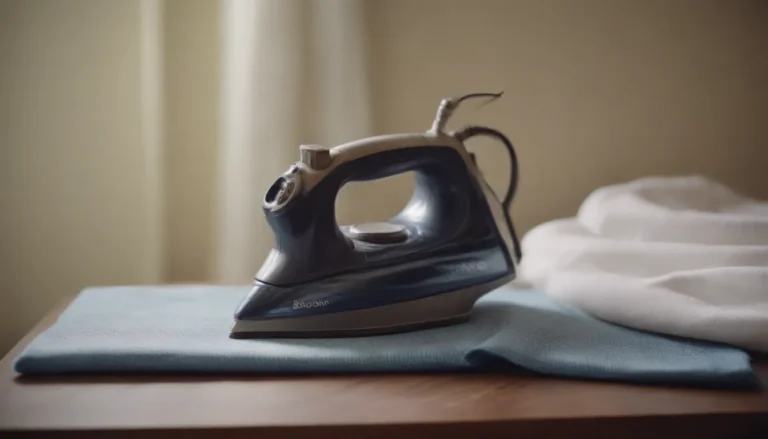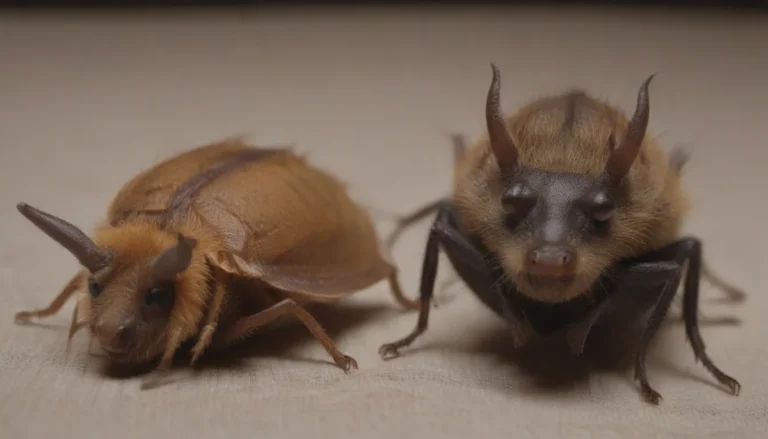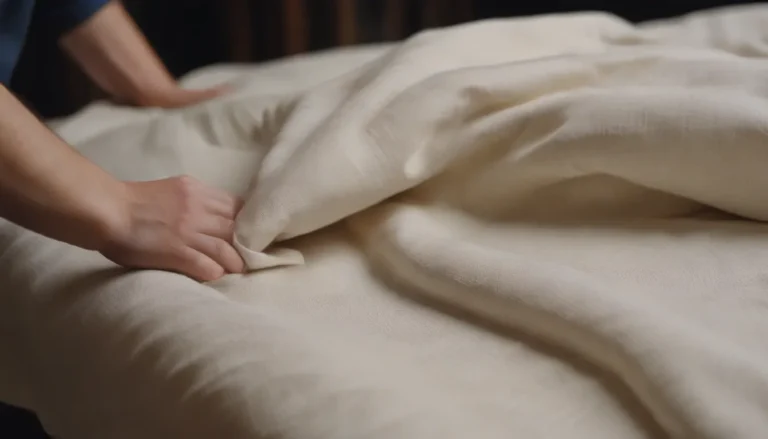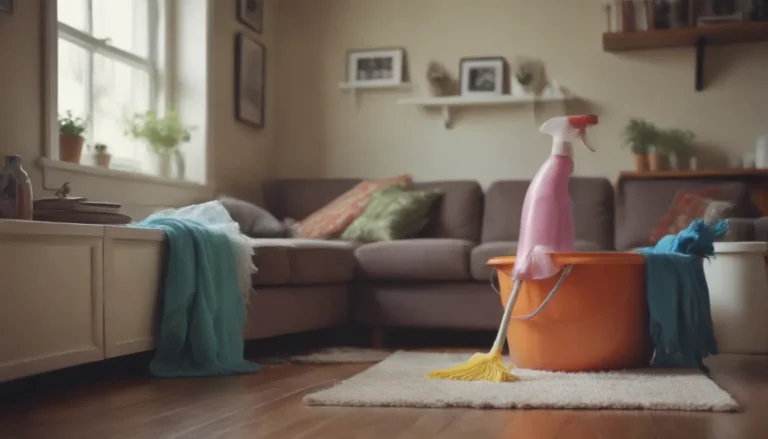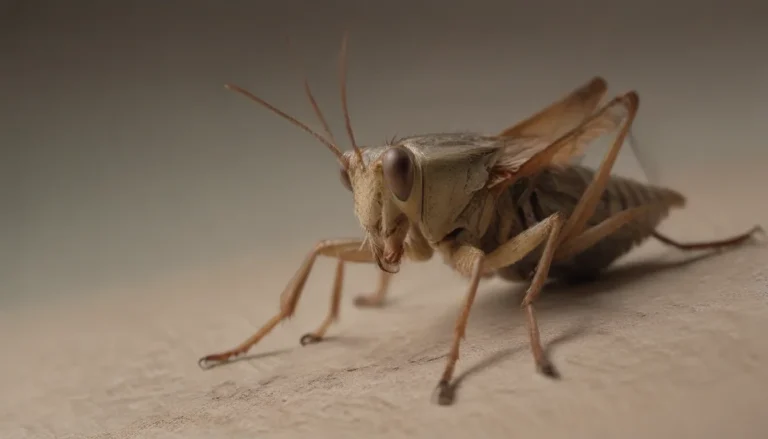Keeping Mice Out of Your Home: A Complete Guide
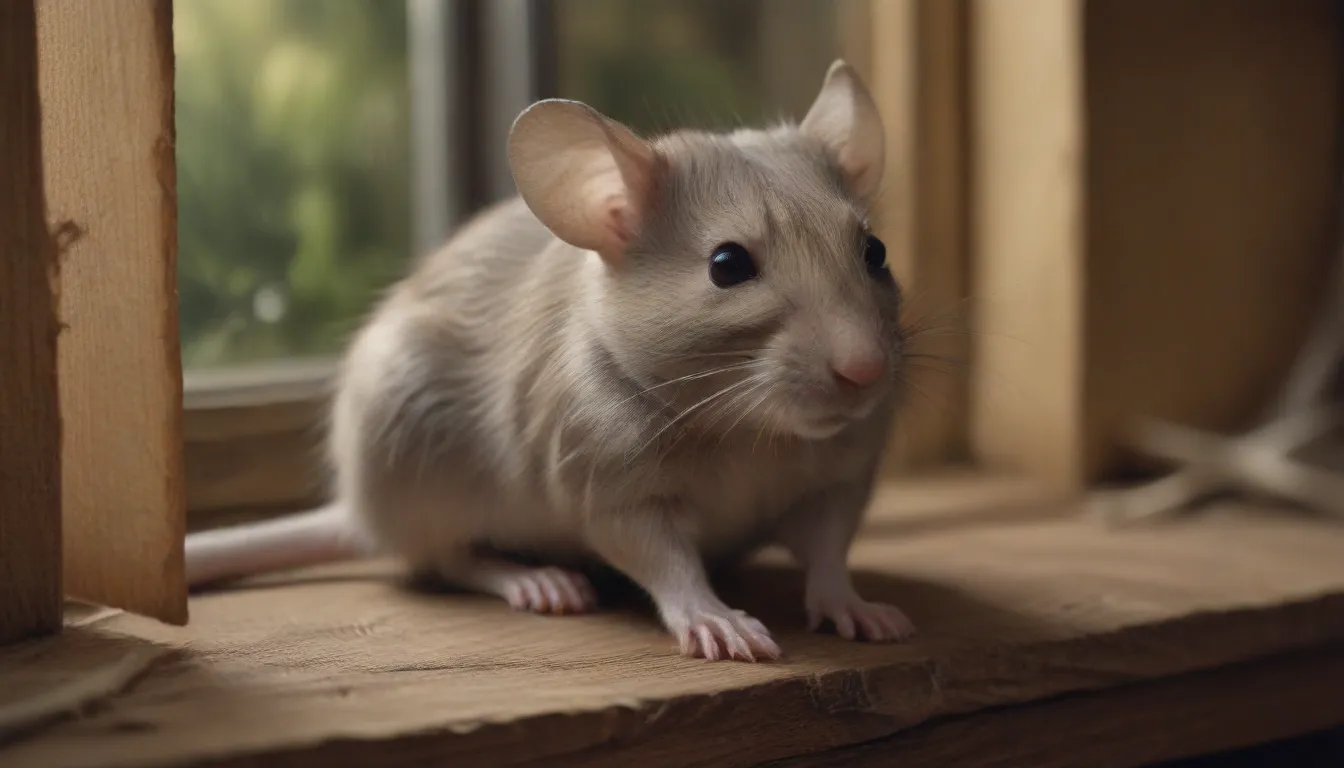
Rodents, such as mice and rats, can wreak havoc in your home. They contaminate food, chew on essential papers, damage electrical wiring, and spread disease. As a homeowner, it’s important to learn how to identify the signs of mice, how to remove these unwanted pests, and most importantly, how to prevent them from infiltrating your home in the first place. In this comprehensive guide, we will explore effective methods to keep mice out of your house without the use of poison.
Signs of Mice in Your Home
When mice or rats invade your living space, they often go unnoticed at first. However, there are several telltale signs that indicate the presence of these unwanted guests:
- Mouse droppings: Small, dark droppings scattered around your home are a clear sign of a mouse infestation.
- Chew marks in food: Noticed any bite marks on your food packaging? Mice love to gnaw on food items.
- Scratch marks along baseboards: Mice tend to leave scratch marks as they navigate through your home.
- Small nests: Keep an eye out for tiny nests made of shredded material, usually tucked away in hidden corners.
- Musky smell: A musty odor in your home could indicate the presence of mice or rats.
- Pets alerted to mouse presence: If your pets seem agitated or constantly sniffing around a specific area, they may have detected a mouse.
- Scratching or scurrying sounds: Hearing noises in your walls or ceilings could be a sign of mice scurrying around.
12 Effective Ways to Keep Mice Out of Your Home
Block All Entry Points (Most Effective)
The most important step in preventing mice and rats from entering your home is to block all potential entry points. Conduct a thorough inspection of your home’s foundation and walls, sealing any cracks or crevices that could serve as entry points for rodents. Use steel wool or wire mesh patches to cover holes, as rodents can easily chew through foam insulation.
Move Bird Feeders Away from the House
Bird feeders can attract rodents due to the presence of seeds and grains. To avoid drawing mice and rats to your home, relocate bird feeders as far away from the house as possible.
Store Pet Food in Airtight Containers
Transfer your pet’s food to sealed, airtight containers to prevent rodents from accessing it. Dry pet foods are a prime target for mice, so store them off the ground and in tightly sealed containers.
Keep Garbage Bins Sealed
Ensure that your outdoor garbage bins have tight-fitting lids to prevent rodents from rummaging through them. Additionally, avoid leaving trash overflowing, as it can attract mice and other pests.
Control Foundation Plantings
Trim back dense shrubs and plants around your home’s foundation to eliminate hiding spots for mice and rats. By creating a clear perimeter, you can discourage rodents from seeking entry into your home.
Seal Dry Foods
Store pantry items, such as flour and sugar, in sealed plastic or metal containers to prevent rodents from accessing them. Keeping food sources inaccessible is key to deterring mice.
Maintain Clean Floors and Countertops
Regularly clean up crumbs and food scraps to eliminate potential food sources for mice. Sweep floors and keep countertops free of food residue to make your home less appealing to rodents.
Keep Outside Doors Closed
Ensure that garage doors, patio doors, and basement windows are kept closed or protected with screens to prevent rodents from entering. Always close doors promptly to avoid inviting mice into your home.
Set Traps and Bait
Use traps and bait stations indoors as a proactive measure to monitor for rodent activity. Live traps are a humane option for catching and releasing mice, while traditional spring traps can effectively eliminate them.
Use Natural Repellents
Mice are repelled by certain scents, such as eucalyptus oil, peppermint oil, cayenne, and citronella. Consider using these natural repellents to deter rodents from entering your home.
Adopt a Pet Predator
Pets that have a natural hunting instinct, such as cats or terriers, can help keep rodents at bay. While pet food can attract mice, having a predator on the premises can help control the rodent population.
Remove Clutter
Declutter your home to eliminate hiding spots for mice. Clear out boxes, newspapers, and trash from the floor to discourage rodents from nesting in your living space.
Mice vs. Rats: Know the Difference
Both mice and rats can pose serious health risks and property damage. It’s essential to address any signs of rodent activity promptly to prevent infestations. Rats, in particular, are more aggressive and challenging to eliminate than mice.
When to Seek Professional Help
If your efforts to keep mice out of your home prove ineffective, it may be time to call a pest control expert. Professionals have additional methods, such as heavy-duty poisons or baits, to eradicate rodents. Particularly if you have pets at home, seeking expert help can ensure that the issue is resolved safely and effectively.
In conclusion, keeping mice out of your home requires a combination of preventive measures, diligent maintenance, and proactive pest control strategies. By following the steps outlined in this guide, you can create a rodent-free environment for you and your family. Remember, early detection and intervention are key to preventing mouse infestations and safeguarding your home from these unwanted pests.
